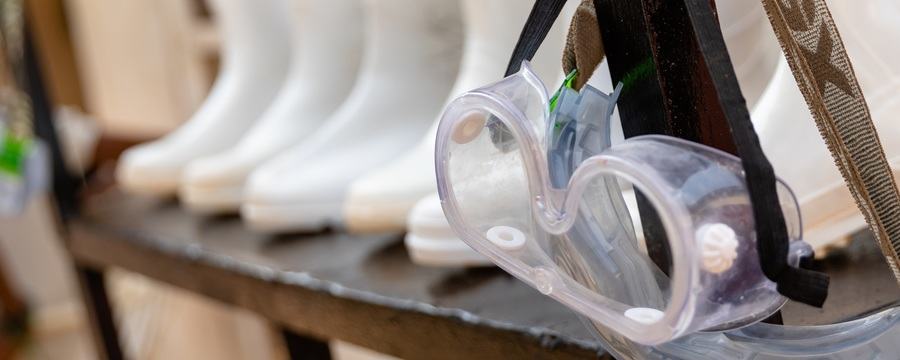What types of surveillance exist?
Surveillance is key to detecting disease outbreaks. In this step Oliver Morgan (World Health Organization) presents an overview of different types of surveillance, data sources and how epidemic intelligence data …








